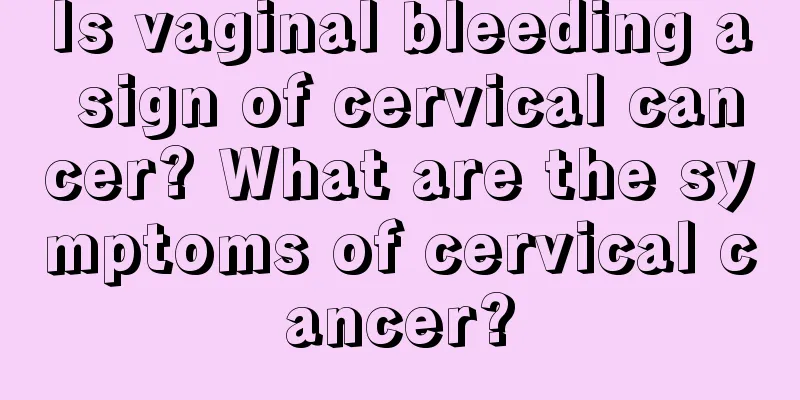Can FH gene-deficient renal cancer be cured?

|
The treatment of FH gene-deficient renal cancer requires a personalized plan based on the patient's specific situation. Early detection and comprehensive treatment can improve the cure rate. Treatment methods include surgical resection, targeted therapy, and immunotherapy, combined with genetic counseling and regular follow-up. 1. Surgical resection is the main treatment for FH gene-deficient renal cancer, especially for early-stage patients. Radical nephrectomy is a common choice, which completely removes the tumor and surrounding tissue to reduce the risk of recurrence. For some patients, nephron-preserving surgery can also be considered to protect renal function. 2. Targeted therapy plays an important role in FH gene-deficient renal cancer. Inhibitors of vascular endothelial growth factor (VEGF), such as sunitinib, sorafenib, and pazopanib, can inhibit tumor angiogenesis and delay disease progression. These drugs are usually used for patients with advanced or metastatic disease. 3. Immunotherapy has become an important treatment option for FH gene-deficient renal cancer by activating the patient's own immune system to fight tumors. PD-1 inhibitors such as nivolumab and pembrolizumab, and CTLA-4 inhibitors such as ipilimumab can significantly improve patients' survival and quality of life. 4. Genetic counseling is essential for patients with FH gene deletion type renal cancer and their families. Since the disease is related to hereditary leiomyomatosis and renal cell carcinoma syndrome HLRCC, it is recommended that patients undergo genetic testing and their families be screened for early detection and intervention. 5. Regular follow-up is the key to ensuring treatment effectiveness and timely detection of recurrence. Patients should undergo imaging examinations such as CT or MRI, as well as blood and urine tests every 3-6 months to monitor tumor markers and changes in renal function. The treatment of FH gene-deficient renal cancer requires multidisciplinary collaboration, combining surgery, targeted therapy, immunotherapy and genetic counseling, while focusing on regular follow-up and lifestyle adjustments to improve the cure rate and quality of life of patients. Patients should actively cooperate with doctors in treatment, maintain an optimistic attitude, and strive for the best prognosis. |
<<: Is hematospermia the main symptom of prostate cancer?
>>: What is nasal bone osteoma
Recommend
Strict care is very important for nasopharyngeal carcinoma patients after radiotherapy
Radiotherapy and chemotherapy are one of the effe...
Common health care measures for bladder cancer in daily life
Among many tumor diseases, bladder cancer is one ...
How to completely eradicate skin allergies
For some people with susceptible constitutions, s...
Rehabilitation training for cerebral dysplasia
The human body has many organs, and these organs ...
How to make borax water with laundry detergent
Many people don’t know much about borax water, wh...
The reason why your stomach always growls
Everyone wants to have a healthy stomach, because...
How to treat lumbar disc bulge
In life, everyone must pay attention to the fact ...
Does drinking milk easily cause getting angry
Nowadays people's lives tend to be simpler an...
What are the CT manifestations of pulmonary fibrosis?
Pulmonary interstitial fibrosis is a disease that...
Treatment methods for colorectal cancer at different stages
The symptoms of colorectal cancer vary depending ...
Can alcohol denature protein?
Protein is an essential substance in the human bo...
What medicines should I take if I have ovarian tumor
Traditional Chinese medicine has less toxic side ...
What is the cure rate of cervical cancer in situ
Cervical cancer is the second most common maligna...
What kind of pillow is good for a one-year-old baby
As babies grow older, they need pillows to help t...
What are the advantages and disadvantages of washing your face with beer?
Many people in life have the habit of drinking be...









